Lenovo stops shipping Superfish adware with consumer devices
Superfish adware had potential to make browser data available to hackers
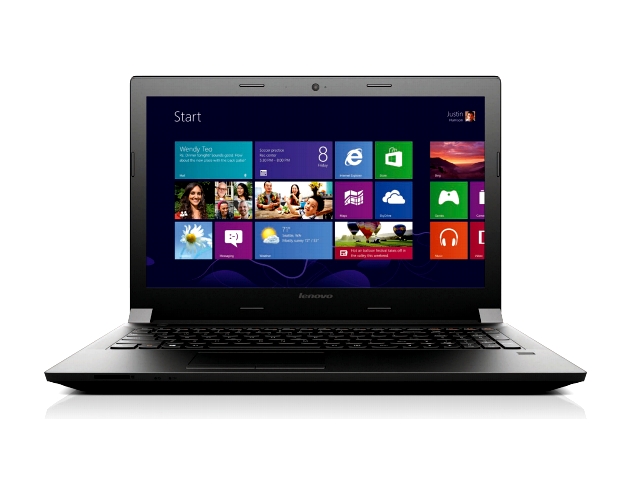
Lenovo has confirmed it has stopped shipping adware with its consumer laptops, which could have led to encrypted user data being compromised by hackers.
Known as Superfish', the program injected visual search results into the browser without user permission, according to forums unearthed by The Next Web.
While OEMs routinely install bloatware on Windows machines, the Superfish adware appeared to be dangerous, not just inconvenient. This is because it used a self-signed certificate, which if compromised, could have provided hackers with access to all browser data - regardless of whether it had been encrypted.
Lenovo's official statement
"We have thoroughly investigated this technology and do not find any evidence to substantiate security concerns," the firm said in a statement.
"But we know that users reacted to this issue with concern, and so we have taken direct action to stop shipping any products with this software.
"We will continue to review what we do and how we do it in order to ensure we put our user needs, experience and priorities first."
Get the ITPro daily newsletter
Sign up today and you will receive a free copy of our Future Focus 2025 report - the leading guidance on AI, cybersecurity and other IT challenges as per 700+ senior executives
A Lenovo forum administrator tried to allay fears by stating Superfish did not "profile nor monitor user behavior" or "record user information". The firm has now confirmed it has stopped shipping devices with the software.
Many Lenovo users have expressed their dismay at the inclusion of the software.
"I have been working in tech software and systems engineering since mice were not even available for personal computers. I have never seen a brand, of any sort, come OTB with malware," noted a perplexed Lenovo customer.
"This is just unreal...and altogether unacceptable. Lenovo is a brand I always have associated with top quality, best practices trustworthy security. The brand has been rock solid, but sliding for years, and lately I have been having some concerns about its Chinese home...increasingly concerning to me in light of technology security and attacks originating from China."
Below is a tutorial showing users how to uninstall the adware. Those affected are also encouraged to install a fresh copy of Windows to make sure the rogue security certificate is completely removed from their system.
The article was originally published on 19/2/15 and has been updated to reflect with the latest statements from Lenovo.
-
 The UK government wants quantum technology out of the lab and in the hands of enterprises
The UK government wants quantum technology out of the lab and in the hands of enterprisesNews The UK government has unveiled plans to invest £121 million in quantum computing projects in an effort to drive real-world applications and adoption rates.
By Emma Woollacott Published
-
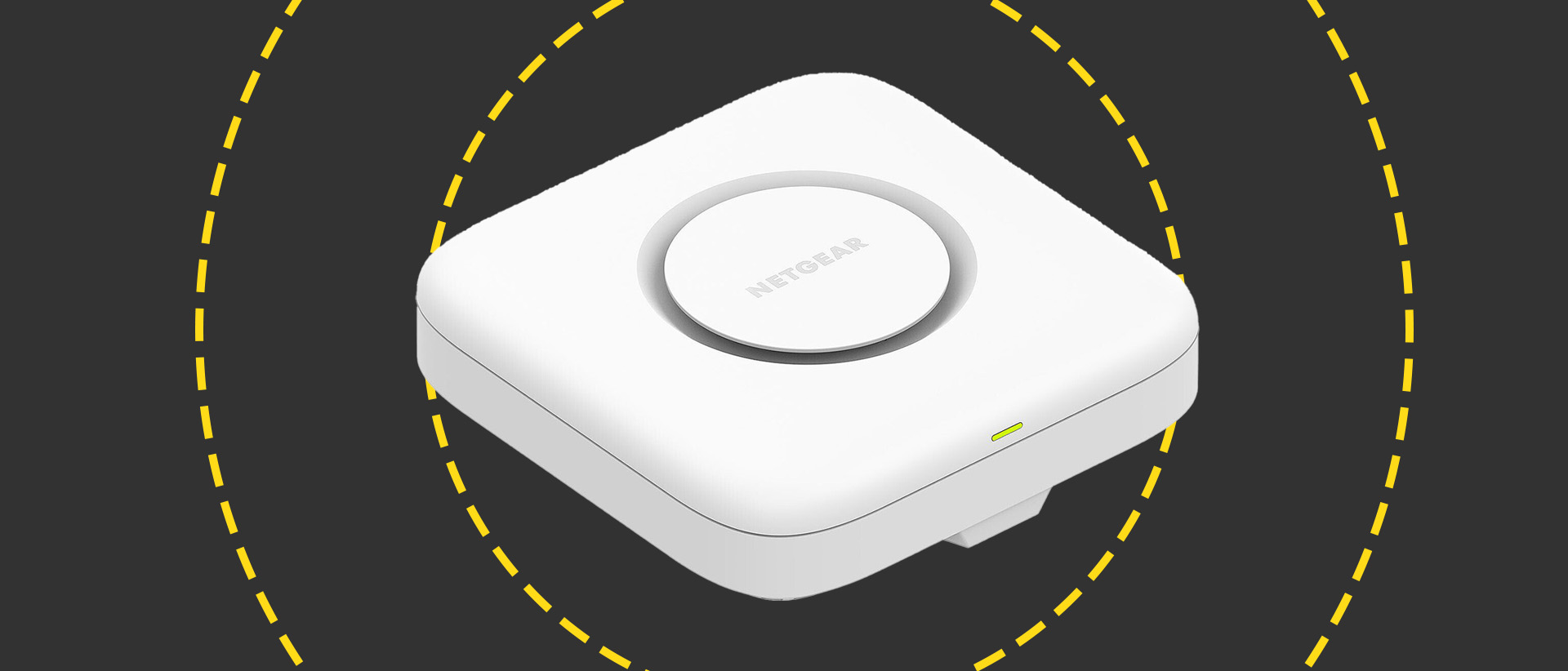 Netgear WBE710 review
Netgear WBE710 reviewReviews The compact WBE710 delivers great cloud management features and a good turn of Wi-Fi 7 speed – but it does have a premium price tag
By Dave Mitchell Published
-
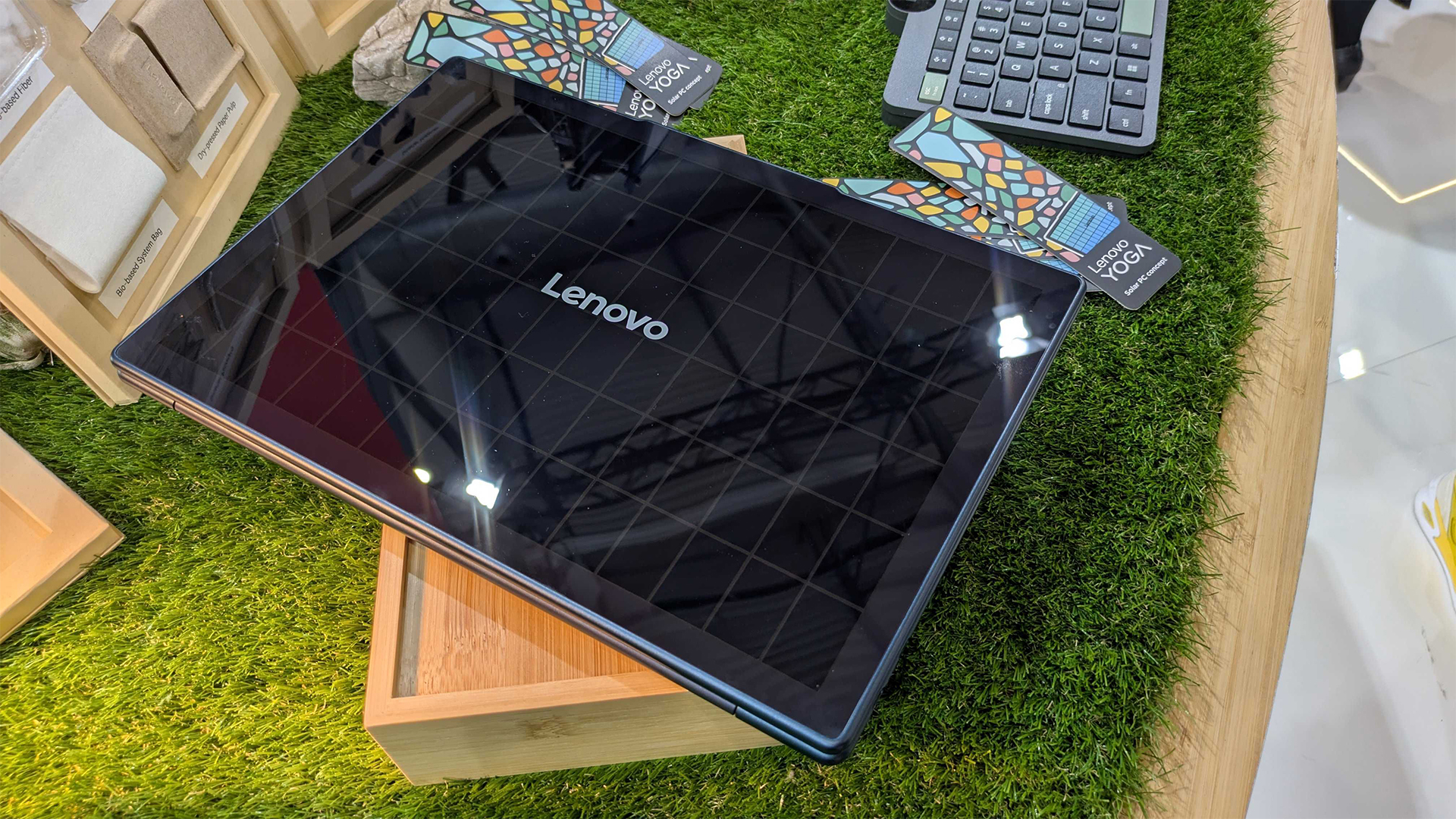 Lenovo’s solar-powered laptop could be a game changer for battery longevity – but we'll be waiting a while for a fully-fledged product
Lenovo’s solar-powered laptop could be a game changer for battery longevity – but we'll be waiting a while for a fully-fledged productNews Lenovo unveiled an experimental solar-powered laptop at MWC 2025 amid updates to the Yoga and Ideapad lineups
By Nicole Kobie Published
-
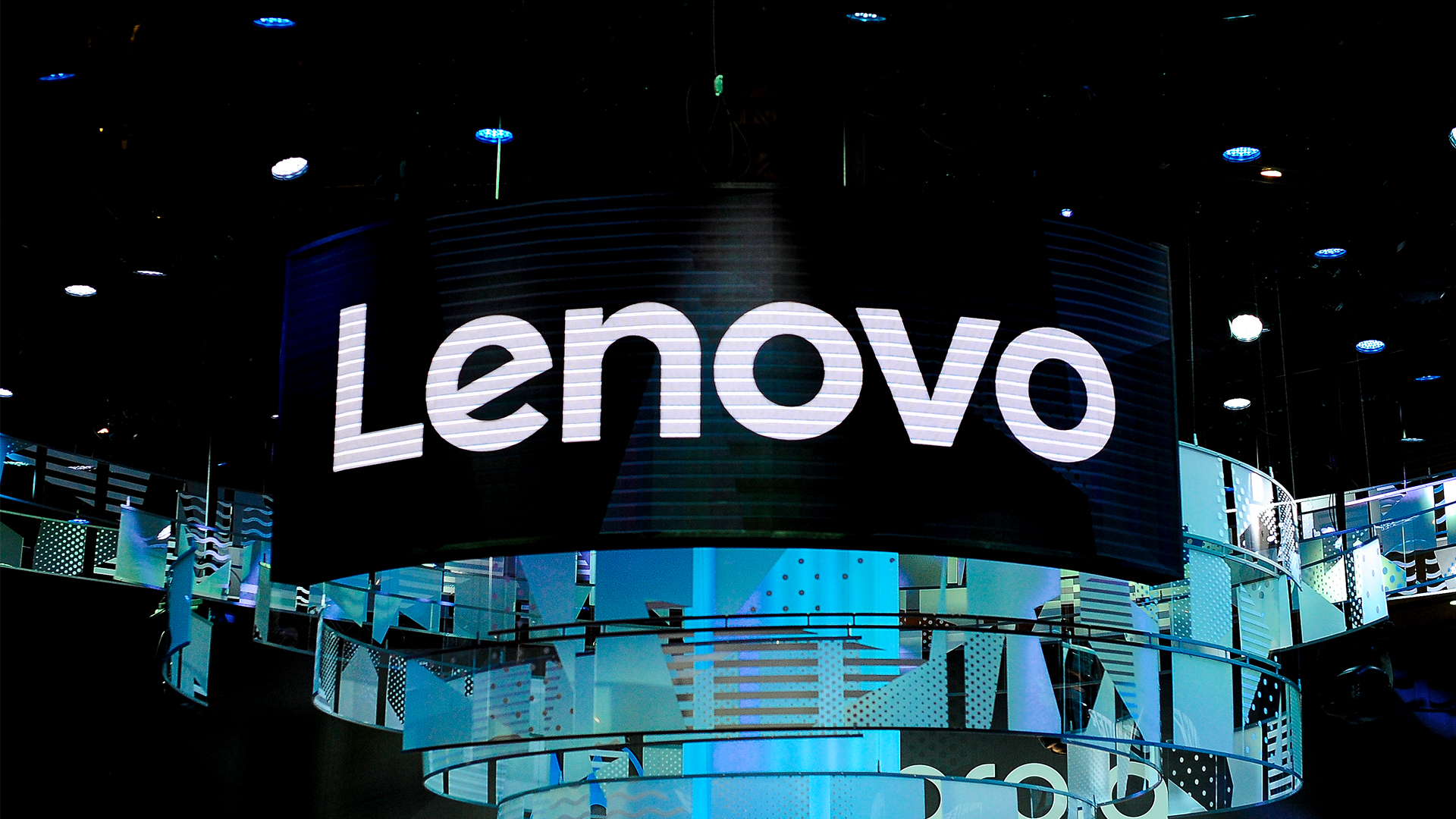 Lenovo unveils its new ‘hybrid-AI’ vision
Lenovo unveils its new ‘hybrid-AI’ visionNews The company says its new modular, customizable solutions deliver higher productivity and tangible return on investment
By Emma Woollacott Published
-
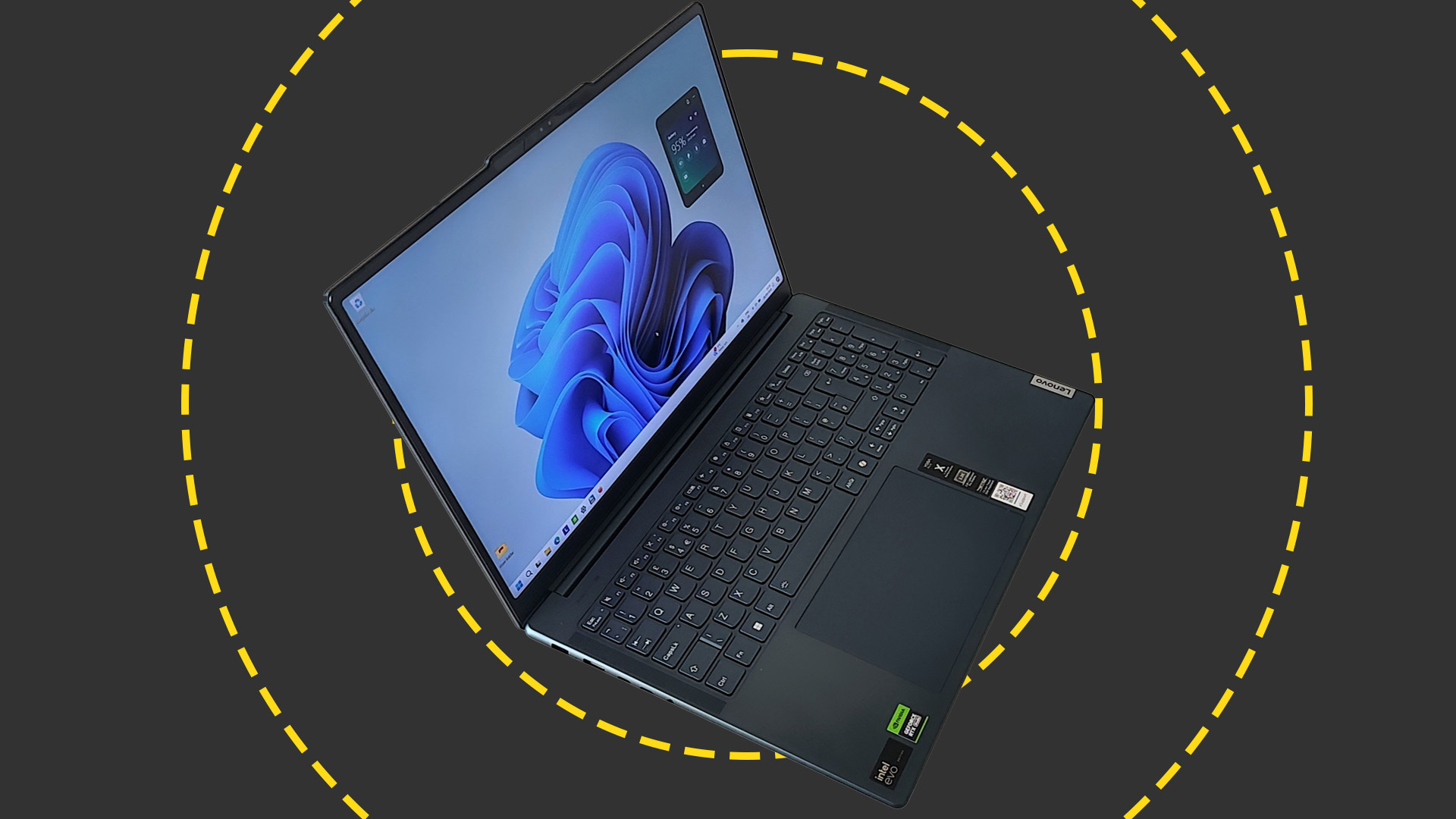 Lenovo Yoga Pro 9i 16 Gen 9 review: One of the best-value laptops on the market
Lenovo Yoga Pro 9i 16 Gen 9 review: One of the best-value laptops on the marketReviews With a powerful Nvidia discrete GPU, and an attractive price, the latest Yoga Pro 9i is the perfect laptop for power creatives on the go
By Alun Taylor Published
-
 Why the world is about to be swamped with AI PCs
Why the world is about to be swamped with AI PCsNews With adoption rates set to surge, AI PCs will become far more mainstream in years to come
By Nicole Kobie Published
-
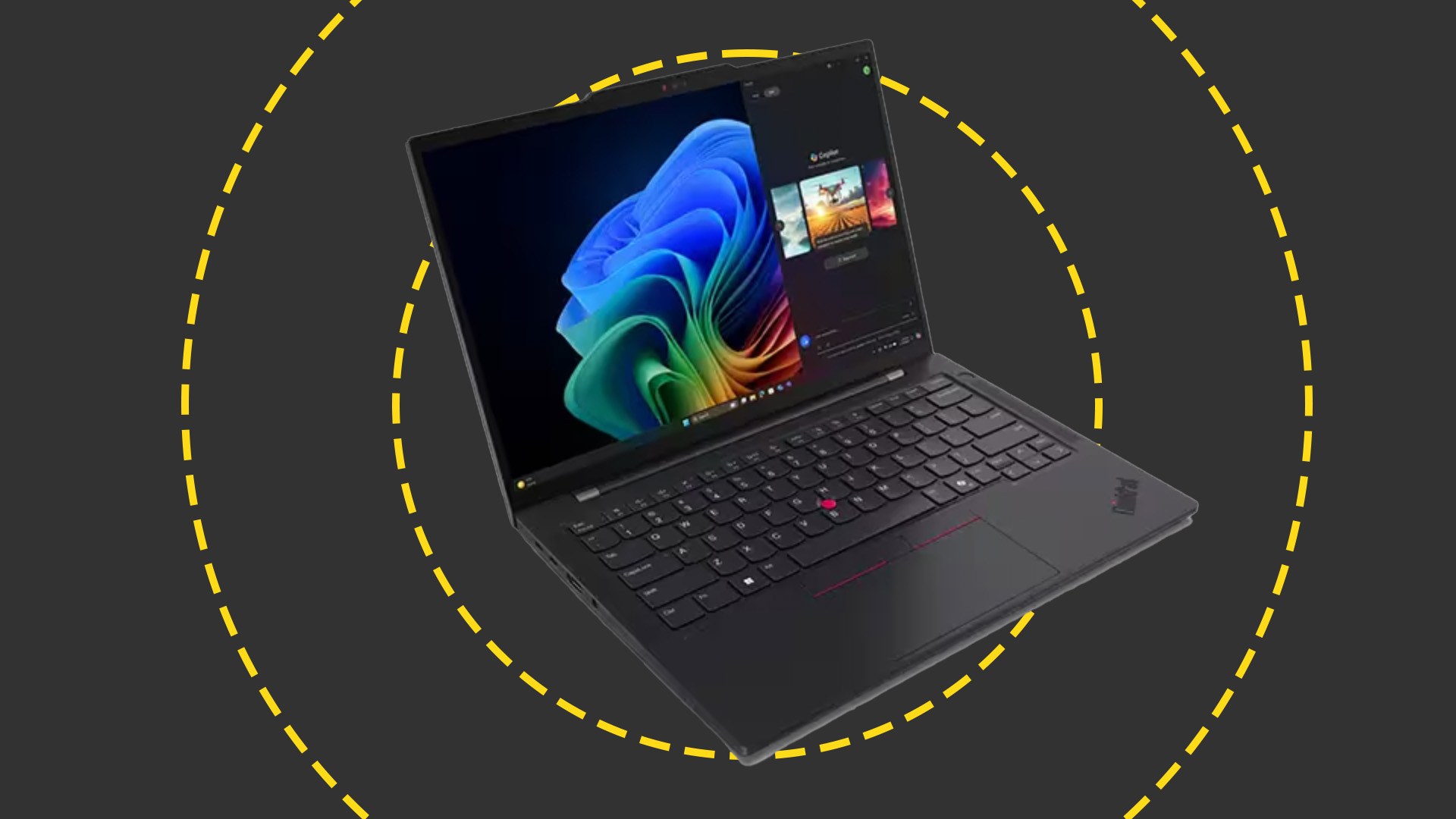 Lenovo ThinkPad T14s Gen 6 review: A safe pair of hands that will last for days
Lenovo ThinkPad T14s Gen 6 review: A safe pair of hands that will last for daysReviews Although unsightly, looks aren't everything -- with this AI-powered laptop capable of offering an outrageously long battery life and blistering performance
By Keumars Afifi-Sabet Published
-
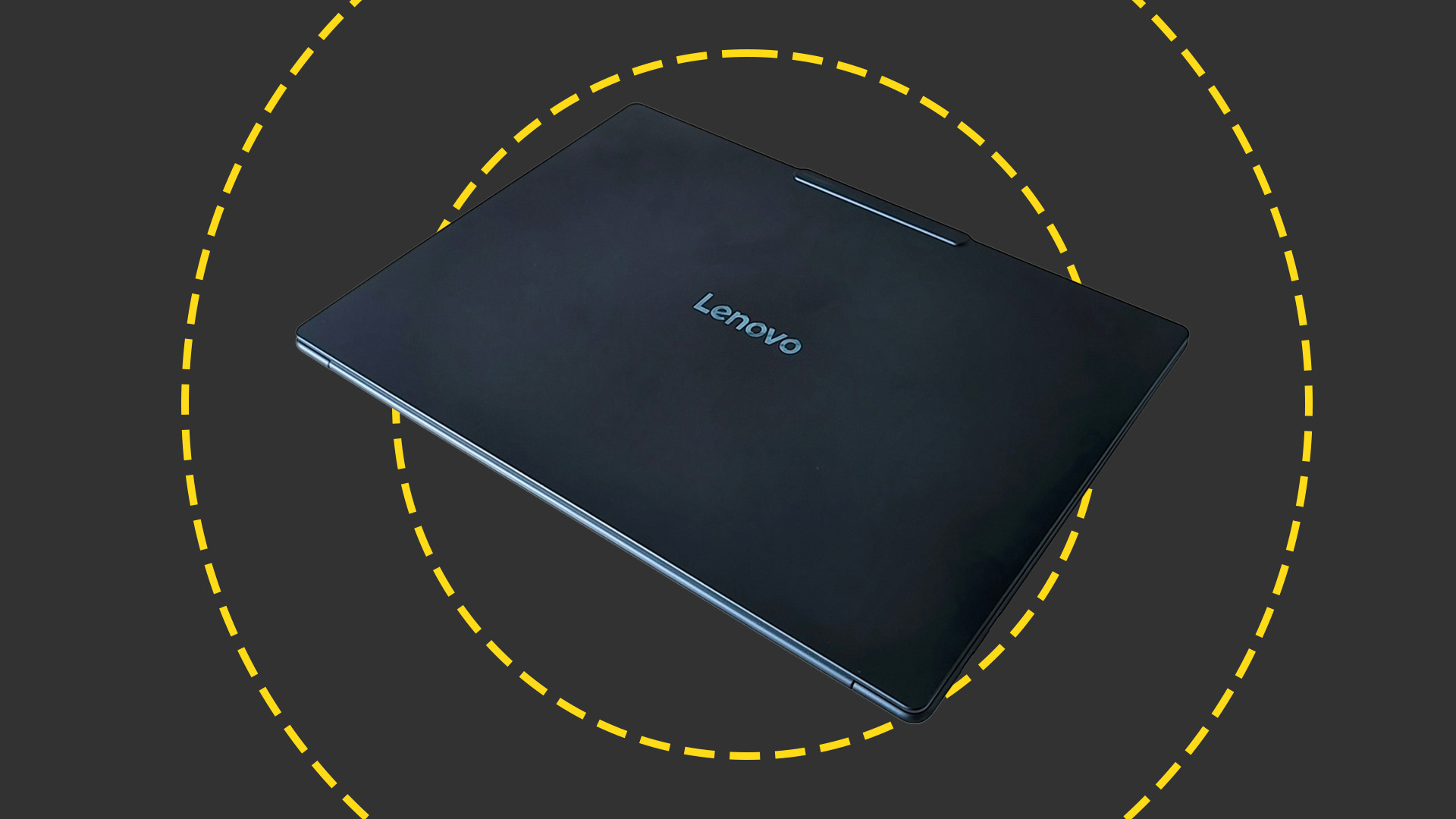 Lenovo Yoga Slim 7x review: At last, Windows on ARM comes good
Lenovo Yoga Slim 7x review: At last, Windows on ARM comes goodReviews With few compatibility issues and Mac-like battery run times the new Snapdragon X Elite silicon is a welcome addition to the laptop world
By Alun Taylor Published
-
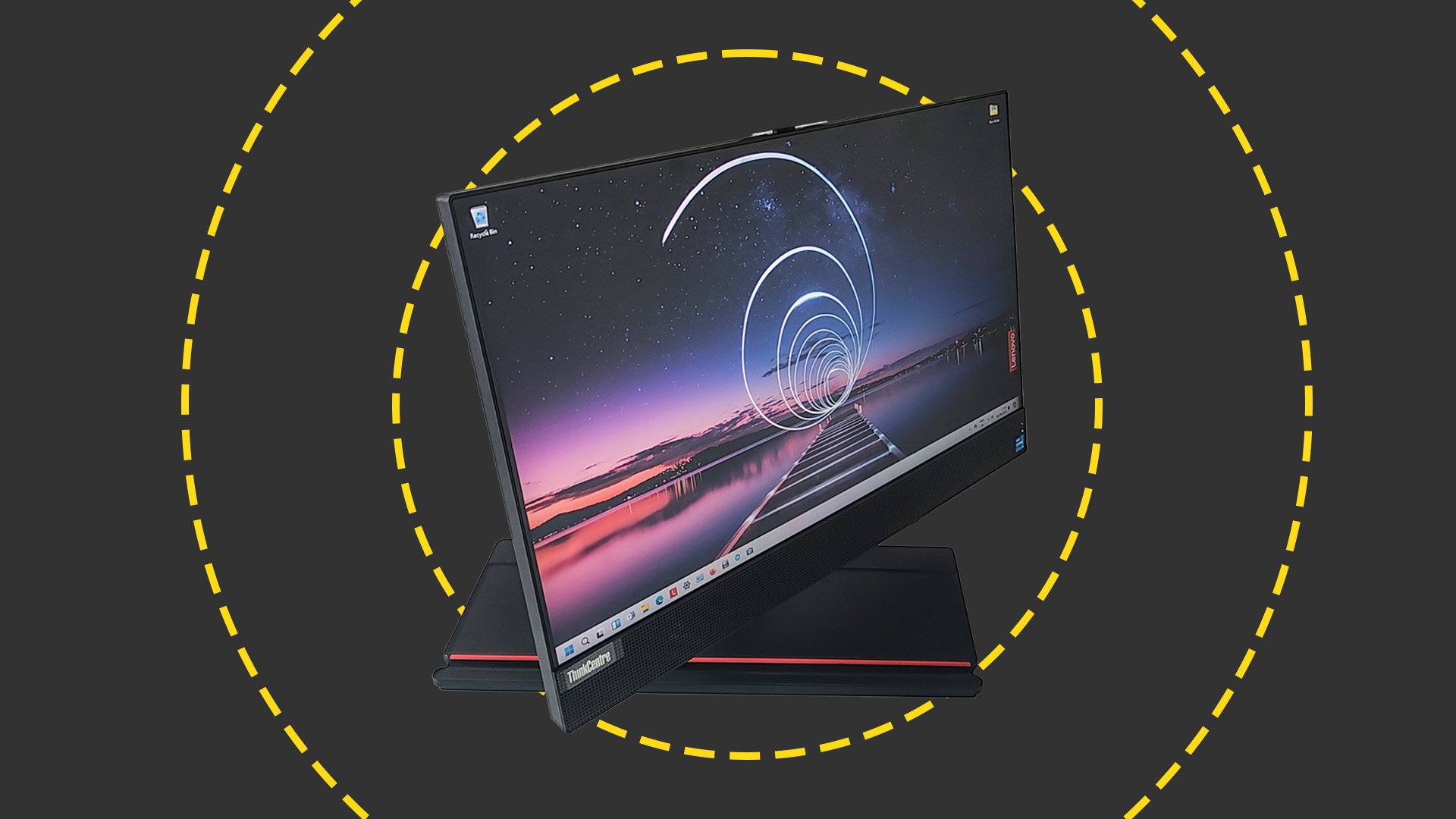 Lenovo ThinkCentre M90a Gen 5 review: A stylish, compact, and feature-laden all-in-one
Lenovo ThinkCentre M90a Gen 5 review: A stylish, compact, and feature-laden all-in-oneReviews Only the flaccid integrated graphics processor lets down Lenovo's otherwise impressive M90a Gen 5
By Alun Taylor Published
-
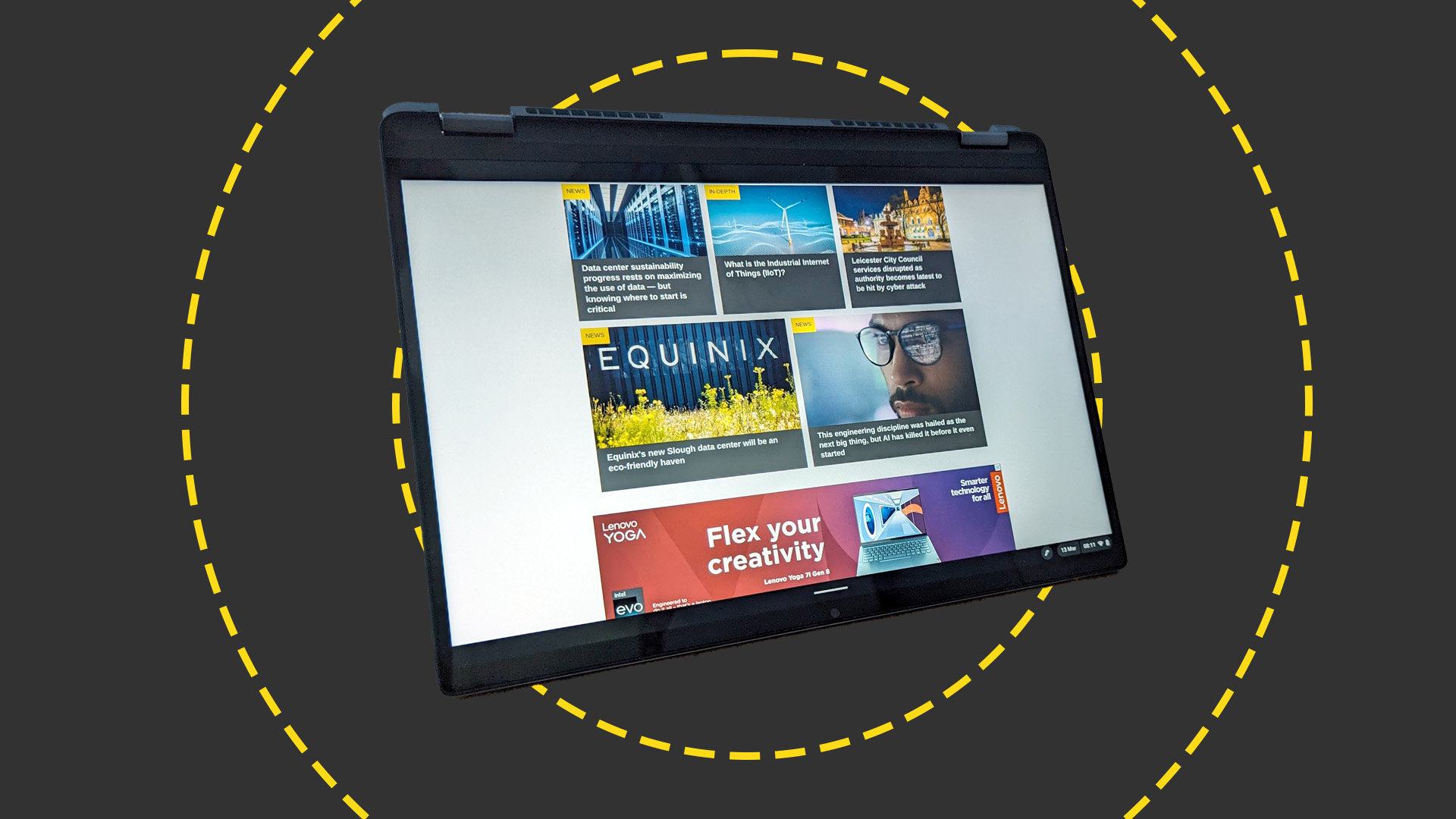 Lenovo IdeaPad Flex 5i Chromebook Plus review: You can't beat this Chromebook Plus for value
Lenovo IdeaPad Flex 5i Chromebook Plus review: You can't beat this Chromebook Plus for valueReviews While not the strongest screen quality or performance, the Flex 5i Chromebook Plus gets most of the way there on a lower budget
By Stuart Andrews Published